
|
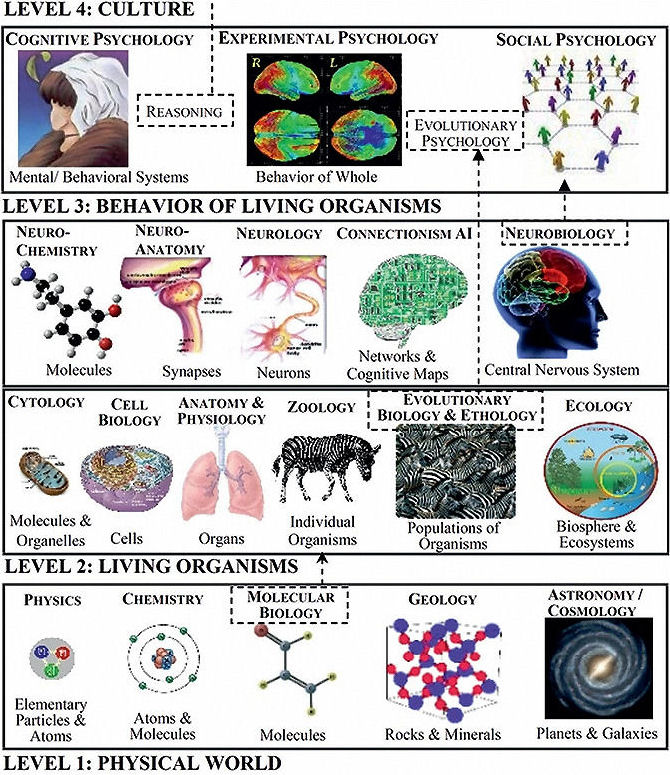

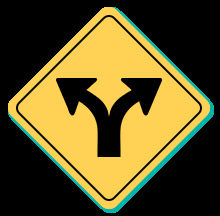
"Science, as a dominant
factor in determining the beliefs of educated men, has existed for about 300
years; as a source of economic technique, for about 150 years.
In this
brief period it has proved itself an incredibly powerful revolutionary force.
When we consider how recently
it has risen to power, we find ourselves forced to believe that we are at
the very beginning
of its work in transforming human life." - Bertrand
Russell
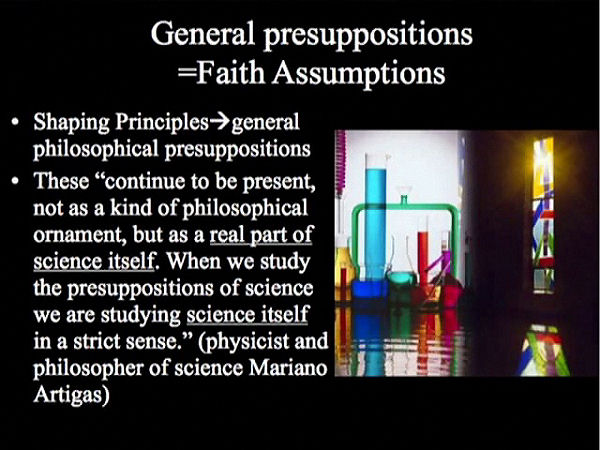
"History of scientific knowledge consists of a
perennial rigging and collapsing of ever expanding paradigms - every expansion
denied and fought off with the last-ditch obstinacy of old guard scientists." -
Lew PazThere are a few exceptions to the idea there is no conclusive
proof in science.
Scientists
intuitively feel how
rational
scientific theories are,
rather than having a precise
logical method for making such judgements.
Shaping
principles, based on an intuitive
understanding of variables and probabilities, go unspoken as most
are unaware
they are using
them.
Shaping
principles influence the data we
perceive as there is a
tendency for the mind to
subconsciously fill
in patterns based on these notions.
Such human contamination is
called internal theoretical orientation of
data.
As a result,
totally objective data can, in reality, never be
obtained.
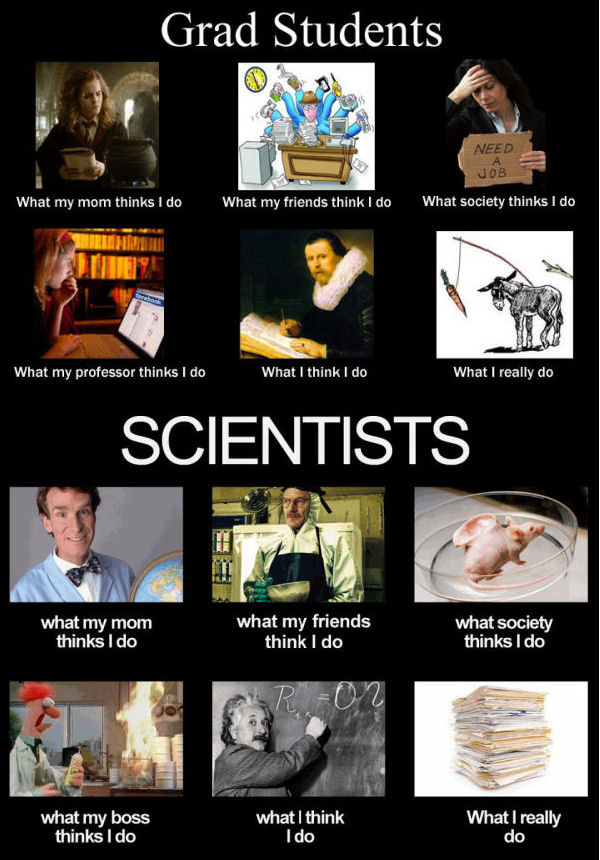
"Framing is the process by which
a communication source, such
as a news organization,
defines and constructs a
political issue or public
controversy" (Nelson, Oxley, & Clawson, 1997, p. 221).
Jim A.
Kuypers defined frames as rhetorical
entities that "induce us to filter perceptions of the world in particular ways,
essentially making some aspects
of our multi-dimensional reality more noticeable than other
aspects."
"Framing is a process whereby
communicators, consciously or
subconsciously, act to construct a point of view that
encourages the facts of a given situation to be interpreted by others in a
particular manner.
Frames operate in four key ways: they
define problems,
diagnose causes,
make moral judgments, and
suggest
remedies.
Frames are often found within
a narrative account of an
issue or event, and are generally the
central organizing idea." - Jim A. Kuypers
A frame must be relevant to observers and
inform them.
Snow, Rochford, Worden, Benford (1986) identify three
core framing tasks.
The degree tasks are attended to will determine
participant mobilization:
Diagnostic framing for
identification of a problem
causation;
prognostic framing to suggest solutions, strategies and
tactical possibilities;
motivational framing that
serves as a call to arms or rationale for action.
People
view reality through framing
and shaping
principles.
Once a framework of a
personal worldview is in place it
recedes from conscious thought to
lodge itself deep in the
subconscious.
Having built framework to navigate,
we no longer consciously plug in.
It
is subconscious; what we think of as "common sense" is merely an act
or notion that resonates within one of our
deep subconscious frameworks.


"A new scientific truth does not triumph by
convincing its opponents and making them see the light, but rather because its
opponents eventually die, and a
next generation grows up that is familiar with it." -
Max Planck
"Efforts to communicate science are hampered by the
fact that perfectly
intelligent people are ignorant of the basic principles of science." -
AA
The goal of Science is to obtain
True Knowledge of
Reality, precisely the same goal as that of the
Ancient Gnostics.
Philosophy of science
deals with the
systemic nature of scientific inquiry which is
equivalent to gnostic
inquiry.
To understand the philosophy of
science, methods of gnostic inquiry focus on the
basic elements of science including
data, theories, and shaping principles.
Collections of information about
physical processes are termed data.
Collecting data to support scientific theories
is laborious.
Fundamental
assumptions are made in data
collection.
Details of that process are often excluded when forming
a scientific theory.
Generalized data is easier to fit into a
scientific theory than specific data.
Scientific theories come in two
forms.
Phenomenological theories are empirical generalizations of
data.
They describe recurring
processes of nature and do
not refer to causation.
Phenomenological theories involve physical laws and
natural
laws.
Explanatory theories explain the observations rather than
generalize them.
Whereas laws are descriptions of empirical
regularities, explanatory theories are conceptual
constructions to explain why the phenomena
exist.
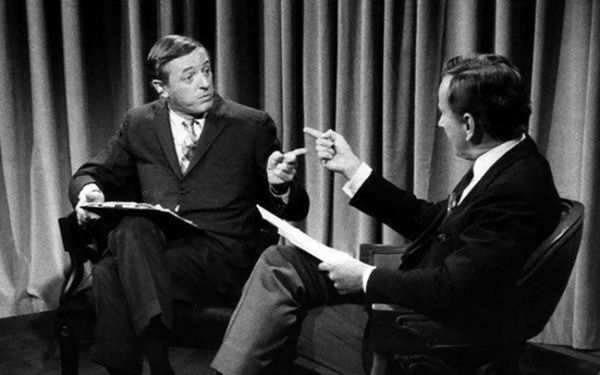
Shaping principles are
non-empirical
fundamental assumptions that form the basis of science and go into selecting
every theory.
Originally science, a systematic way of acquiring
knowledge, was seen as absolutely objective, rational, and
based on purely empirical
observations.
This traditional image of
science held that scientific theories and laws
were to be conclusively confirmed or falsified based on objective data.
It was believed that the "scientific method"
excluded cognitive bias,
emotion,
intuition,
assumptions and
was based entirely on logic and
reason.
The definition of what the "scientific method" is has changed
over time.
In the early seventeenth century Baconian inductivism was
considered to be the "scientific method."
The basic concept:
collect as
numerous of observations as humanly possible;
remain unaffected by any prior
prejudice, theoretical
preconceptions or cognitive
bias while gathering the data;
inductively infer theory from data
(generalize data into physical laws);
then collect more data to modify
or reject the
hypothesis as needed.
Unfortunately, when using inductivism to arrive at
natural laws,
certain theoretical
preconceptions are absolutely vital.
To generalize the data into
physical laws, the individual must assume that the laws apply for physical
processes not observed.
This
results in several assumptions, such as a uniform operation of
nature.
Even if we put aside the fact that
inductive logic is invariably based on
such postulations, there is another problem.
Science deals with concepts
and explanatory theories that cannot be directly observed, including atomic
theory and the theory of gravity.
Many other theories include
unobservable concepts like forces, fields, and subatomic particles.
There is no known rigorous inductive logic that can infer those theories and
concepts solely from the data they explain.
Isaac Newton developed hypothetico-deductivism in the
late 1600s.
Essentially, one starts with a
hypothesis, basically a provisional
theory, and then deduces what we would expect to find in the empirical world as
a result of that hypothesis.
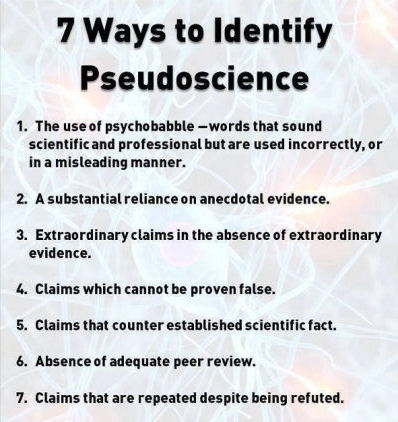
"I am very astonished that the scientific
image of the real world around me is deficient." - Erwin
Schrödinger |
The concept
was to quarantine
human irrationality.
A theory did not become a valid theory by its origins, but because of
the hypothetico-deductive
method of verification.
Hypothetico-deductivism fails if rigorous
proof is necessary for valid science.
We must
assume: sense experience,
memory, and
testimony are all generally reliable; we
have examined all the data and there is no
possibility future
observations will behave
unexpectedly.
Unfortunately every theory has an infinite number of
expected empirical outcomes, and we are incapable of testing all of those
expectations.
As a result of the underdetermination of theories and
unknown unknowns,
contradictory
empirical evidence, a scientific theory cannot be conclusively proven
merely through the data.
Karl Popper recognized that one could not
record everything observed.
Some sort of selection is
needed, and thus observation is always
selective.
Karl Popper felt a hypothesis had to come first for
scientific investigation to begin as there is no other way to determine which
data is to be observed.
Karl Popper developed the idea of falsification
which suggests that if a prediction does not come true, then the scientific
theory must be false.
The necessity for a scientific theory to be
conclusively falsifiable is known as the demarcation
criterion.
Surprisingly, the problem is that
it is impossible to conclusively falsify
theories by empirical data.
Scientific theories, by themselves, are
incapable of making predictions.

assumptions and
variables
Empirical results of an
experiment invariably rest on
auxiliary assumptions - assumptions auxiliary to the original fundamental
assumptions.
Assume we have a particle theory that says if we process a
certain particle in a particular way, we will get specified values on various
measurements.
We must assume:
all foundational theories
involved in deriving the prediction are correct;
the models we are using in deriving
the prediction are all correct;
the predictions derived from
employing the theories and models to make the prediction are all logically
correct;
and, due to the nature of reality, most variables we'll skip
…
Predictions of future probable
outcomes are dependent on the fundamental assumptions of previous scientific
theories and the models derived.
Unfortunately scientific theories cannot be
conclusively proven.
The dependence on foundational assumptions to
make predictions is sometimes called the Duhem-Quine problem.
Theories
can neither be conclusively proven nor conclusively falsified by empirical
data.
It is possible to salvage a troubled theory or make
arguments against a well-supported
theory simply by altering auxiliary
assumptions to produce different predictions or
change the meaning of
theory-laden observations.
It is also possible to modify virtually
any theory so that it's consistent with whatever data that might come
up.
The shaping principles used to build theories form
the foundation of
science.
Examples of shaping principles include:
there exists an external
objective reality; the belief
natural processes operate in a fairly consistent manner;
our senses are generally
reliable.
Due to the underdetermination of theories, there is always
an infinite number of competing theories that can accommodate any given set of
empirical data.
Ockham's
Razor or the Law of Parsimony, the
fundamental shaping principles of logic, states that, if all other aspects
are equal, the simplest theory is preferred over other
theories involving additional
complexity.
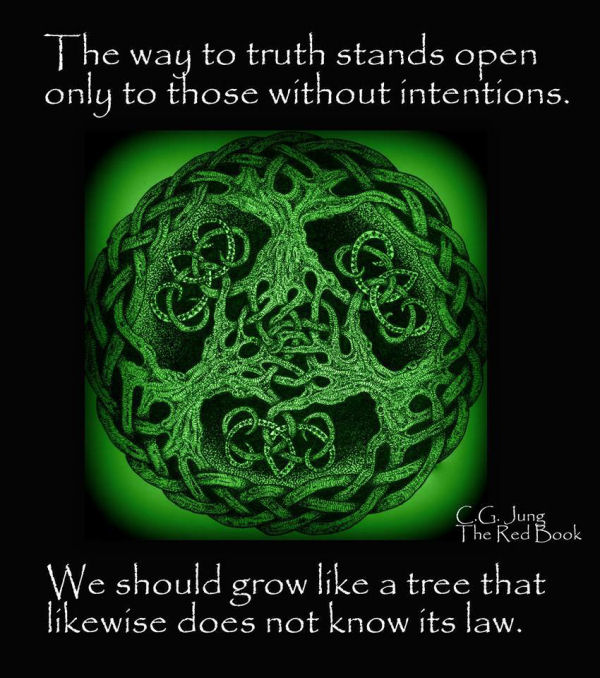
Probability theory is the branch of mathematics
concerned with probability, the
analysis of conforming phenomena.
As a
mathematical foundation for statistics,
probability theory is
essential to many human activities that involve
quantitative analysis
of large sets of data.
Methods of probability
theory also apply to descriptions of complex systems given only
partial knowledge of their
state, as in statistical mechanics.
A great discovery of twentieth century physics
was the probabilistic nature
of physical phenomena at atomic
scales, described in
quantum mechanics.
There is a fine line between
expecting what is possible and
expecting what is
highly unlikely or even impossible if your worldview is askew.
On a quantum level intention physically
modifies reality as free will gives us the
choice of whether to stand, sit or lie down.
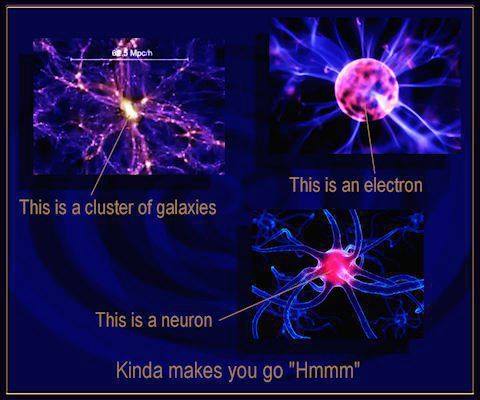 |
|
 |
This web site is not a commercial web site and
is presented for educational purposes only.

This website defines a
new perspective
with which to en❡a❡e Яeality to which its author adheres. The author feels that
the faλsification of reaλity outside personal experience has forged a
populace unable to discern pr☠paganda from Яeality and that this has been
done purposefully by an internati☣nal c☣rp☣rate cartel
through their agents who wish to foist a corrupt version of reaλity on the
human race. Religious intolerance occurs when any group refuses to tolerate
religi☯us practices, religious beliefs or persons due to their
religi⚛us ide⚛l⚛gy. This web site marks the founding of a
system of philºsºphy nªmed the Mŷsterŷ of the
Lumière Infinie - a rational
gnostic mystery
re☦igion based on reaso🐍 which requires no leap of faith,
accepts no tithes, has no supreme leader, no church buildings and in which each
and every individual is encouraged to develop a pers∞nal relati∞n
with Æon and Sustainer through the pursuit of the knowλedge of
reaλity in the hope of curing the spiritual c✡rrupti✡n that
has enveloped the human spirit. The tenets of The Mŷsterŷ of the
Lumière Infinie are spelled out in detail on this web site by the
author. Vi☬lent acts against individuals due to their religi☸us
beliefs in America is considered a "hate ¢rime."
This web site in
no way c☬nd☬nes vi☬lence. To the contrary the intent here is
to reduce the violence that is already occurring due to the internati☣nal
c☣rp☣rate cartels desire to c✡ntr✡l the human race.
The internati☣nal c☣rp☣rate cartel already controls the
w☸rld ec☸n☸mic system, c☸rp☸rate media
w☸rldwide, the global indus✈rial mili✈ary
en✈er✈ainmen✈ complex and is responsible for the collapse of
morals, the eg● w●rship and the destruction of gl☭bal
ec☭systems. Civilization is based on coöperation. Coöperation
with bi☣hazards of a gun.
American social mores and values have
declined precipitously over the last century as the corrupt international
cartel has garnered more and more power. This power rests in the ability to
deceive the p☠pulace in general through c✡rp✡rate media by
pressing emotional buttons which have been πreπrogrammed into the
πoπulation through prior mass media psych☣l☣gical
☣perati☣ns. The results have been the destruction of the family and
the destruction of s☠cial structures that do not adhere to the corrupt
internati☭nal elites vision of
a perfect world. Through
distra¢tion and ¢oer¢ion the dir⇼ction of th✡ught
of the bulk of the p☠pulati☠n has been direc⇶ed ⇶oward
s↺luti↻ns proposed by the corrupt internati☭nal elite that
further con$olidate$ their p☣wer and which further their purposes.
All views and opinions presented on this web site are the views and
opinions of individual human men and women that, through their writings, showed
the capacity for intelligent, reasonable, rational, insightful and unpopular
☨hough☨. All factual information presented on this web site is believed to be
true and accurate and is presented as originally presented in print media which
may or may not have originally presented the facts truthfully.
Øpinion and ☨hough☨s
have been adapted, edited, corrected, redacted, combined, added to, re-edited
and re-corrected as nearly all opinion and ☨hough☨ has been throughout time but
has been done so in the spirit of the original writer with the intent of making
his or her ☨hough☨s and opinions clearer and relevant to the reader in the
present time.
Fair Use Notice

This site may contain
copyrighted material the use of which has not always been specifically
authorized by the copyright owner. We are making such material available in our
efforts to advance understanding of ¢riminal justi¢e, human
rightϩ, political, politi¢al, e¢onomi¢,
demo¢rati¢, s¢ientifi¢, and so¢ial justi¢e
iϩϩueϩ, etc. We believe this constitutes a 'fair use' of any
such copyrighted material as provided for in section 107 of the US Copyright
Law. In accordance with Title 17 U.S.C. Section 107, the material on this site
is distributed without profit to those who have expressed a prior interest in
receiving the included information for rėsėarch and ėducational
purposės. For more information see:
www.law.cornell.edu/uscode/17/107.shtml. If you wish to use copyrighted
material from this site for purposes of your own that go beyond 'fair use', you
must obtain permission from the copyright owner. |
 Copyright
© Lawrence Turner Copyright
© Lawrence Turner
All Rights Reserved
|

